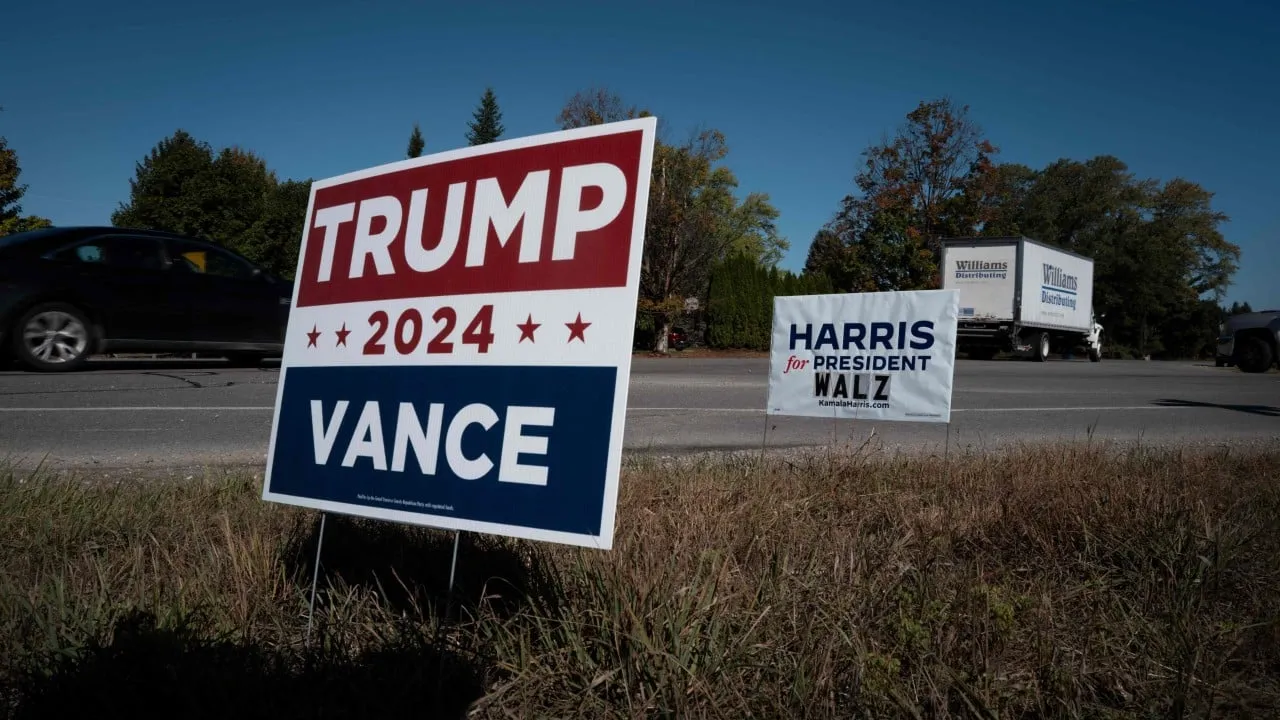US Election: China Key Focus as Candidates Prepare for Election Day

China's Influence on the US Election Landscape
The US election marks a pivotal moment as tensions with China and economic strategies come to the forefront. President Biden, in his final address to the United Nations, highlighted the importance of international coalitions against China's support for Russia during the ongoing Ukraine conflict. Following a critical Quad summit held in Biden's hometown of Wilmington, Delaware, discussing collaboration among US, Australia, India, and Japan, the emphasis remains on building formidable alliances.
Trump vs. Harris: The Debate on China Tariffs
In their initial debate, candidates Vice-President Kamala Harris and former President Donald Trump showcased differing views on economic tariffs against China. Trump, promising to escalate tariffs and take a hardline approach, contrasts with Harris, who criticizes past tariff strategies. However, both candidates align fundamentally on international trade objectives amidst rising inflation linked to Chinese imports.
- Biden's strategy relies on international alliances and local legislation.
- Trump's policies hint at a return to stringent tariff measures and economic isolationism.
- The battleground states, like Michigan, mirror voter sentiments on China's rising influence.
The Intersection of Foreign Policy and Voter Dynamics
China's presence as a perceived adversary shapes the political landscape, with pressing public concerns reflected in local controversies such as the Gotion High Tech company in Michigan. Voter sentiments on foreign policy and economic measures will significantly influence outcomes as the US election approaches, showcasing the dynamic interplay between domestic priorities and global tensions.
This article was prepared using information from open sources in accordance with the principles of Ethical Policy. The editorial team is not responsible for absolute accuracy, as it relies on data from the sources referenced.